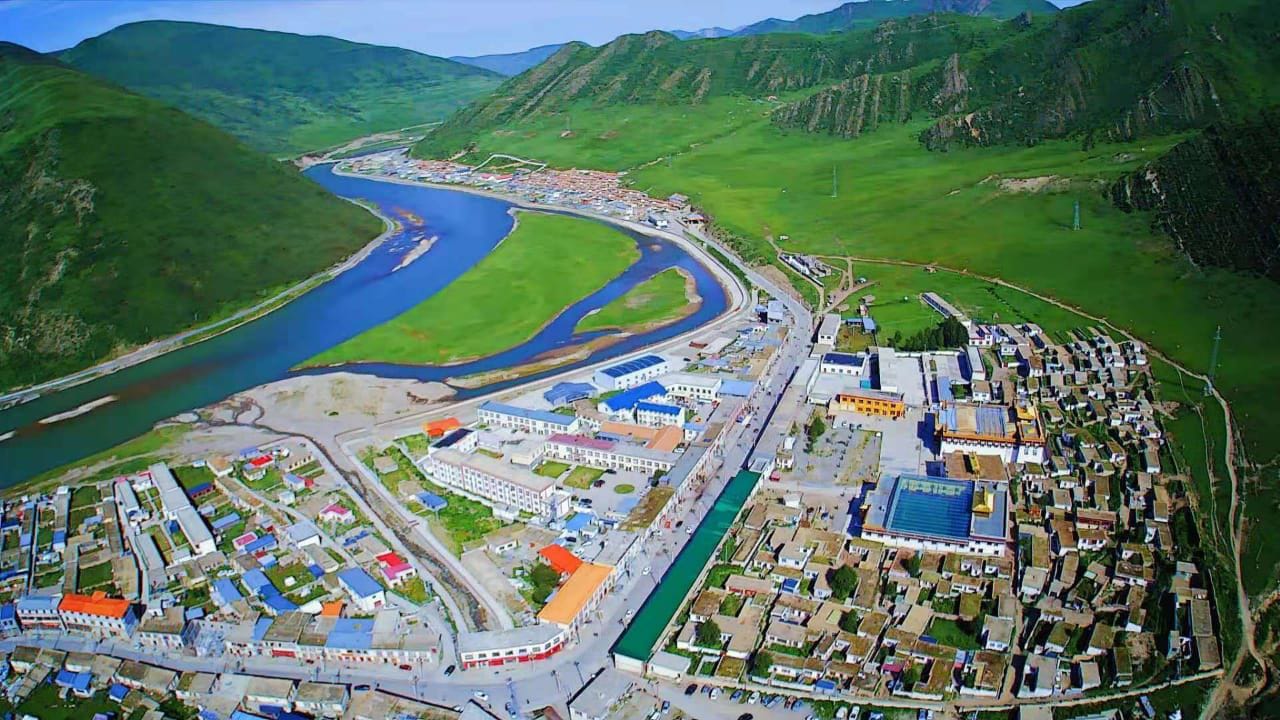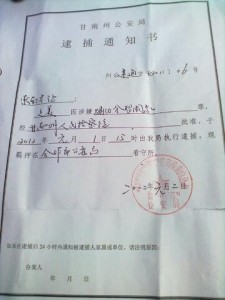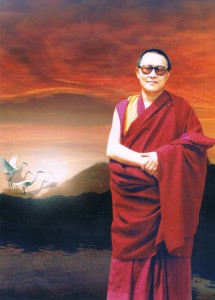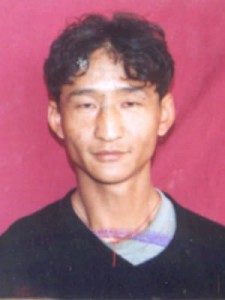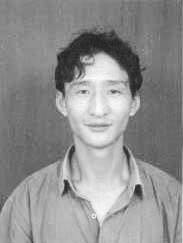Chinese authorities have intensified the ban on holding religious rituals for those who die of self-immolation protests as another Tibetan, third in this month alone, set his body on fire in Bora township in Sangchu (Ch: Xiahe) County, Kanlho (Ch: Gannan) Tibetan Autonomous Prefecture, Gansu Province.
On 22 January, at around noon, Kunchok Kyap aka Kunbey set his body on fire in protest at the courtyard of Bora Monastery. He is believed to have died. Kyap set himself on fire when the monks at the monastery were holding their daily prayer session. In their absence, Chinese security forces took away his body to an undisclosed location.
Sources tell TCHRD that Chinese security forces who arrived at Bora after the self-immolation consist of Sangchu County Public Security Bureau officers and and a Special Police force team.
Local Tibetans from three major villages in the area including Kyap’s village, Bogtsa Gyangring (or Gyara), Datue and Chewo villages marched to the local government office and called on the authorities to release Kunchok Kyap’s body. The local officials also warned them that not a single monk or a person was allowed to go to Kyap’s home to offer prayers and condolences to his family members.
